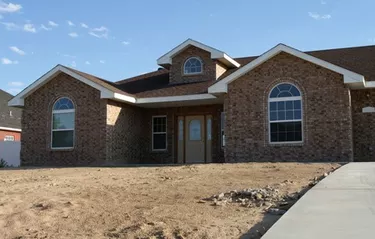
A homestead cap is a benefit of a homestead exemption and limits the increase in a property's assessed value. A homestead exemption enables homeowners to pay less in property taxes because it exempts a percentage of the home's value from taxation.
Insight
Video of the Day
Real estate taxes, also known as property taxes, are paid based on formulas established by the taxing entity. These entities may include a state, city, county, school district or special district. The amount of tax owed is generally a percentage of the appraised (or assessed) value of a property or home, not a home's market value.
Video of the Day
Features
The homestead cap is designed to protect a homeowner from a large increase in property taxes, usually a primary residence (as opposed to a second or vacation home). It is particularly important for homeowners during times of rapid appreciation in housing values, when a tax bill could see a substantial increase year-over-year. Homeowners first must qualify for a homestead exemption before becoming eligible for the homestead cap.
Considerations
The homestead cap is often an amount equal to a percentage of the most recent assessed valuation of the property, with the percentage determined by the taxing entity. For example, with a 10 percent cap, a property that was assessed at $200,000 in the most recent year could not be valued for taxation purposes at more than $220,000 the following year.